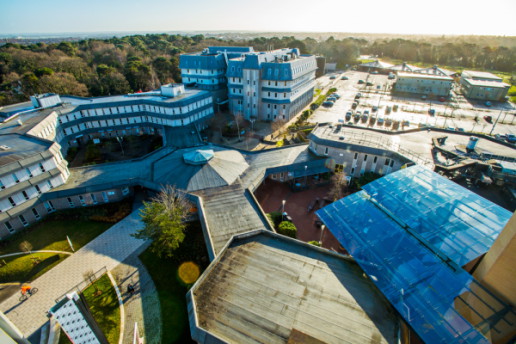Our programme includes invited speakers and five sessions of papers.
Invited Speaker: Simon Peyton Jones
The dream of a lifetime: an opportunity to shape how our children learn computing
Simon Peyton Jones
Microsoft Research, and Chair of Computing at School
http://research.microsoft.com/~simonpj
In September 2014, the National Curriculum in England established computer science as a foundational subject that every child must study, from primary school onwards. This is a hugely welcome change, but it is a seismic one, especially for teachers for whom this is an entirely new professional requirement. Everything is in flux. Teachers are open to partnership and guidance; textbooks have yet to be written; programming environments aimed at children are developing rapidly; new startups are sprouting; the BBC is weighing in with Make It Digital and MicroBit. In ten years time it will all be business as usual, but right now it’s all very fluid. That gives us a huge opportunity to influence the way in which the concrete finally sets.
Programming is central to the changes in computing education, so PPIG is particularly well placed to contribute. In my talk I’ll sketch the context for the changes in our children’s computing education, explain why I think it is such a good thing, outline the opportunities and challenges I see ahead, and invite you to join in. It’ll be fun!
Invited Speaker: Russel Winder
Tales from the Workshops: A sequence of vignettes, episodes, observations, and reflections on many years of trying to teach people programming
Russel Winder
http://www.russel.org.uk
Over the last 8 years I have spent a lot of my time trying to get professional programmers to learn programming in a new (to them) programming language, and also trying to help QA testers learn programming. While I do not have experimental data, I have anecdotal evidence that I believe others may find useful to shed light on some of the issues of psychology of programming.
I also spent 20 years, long ago, trying to teach undergraduates programming and software engineering. There is still no silver bullet, but we must be able to do better at programming than we are doing currently.
Posters from the Doctoral Consortium students will be on display throughout the conference.

About us
Bournemouth University (BU) is situated at multiple sites in Bournemouth and Poole. It’s main campus,and the home of the Faculty of Science and Technology is in Poole. BU became a ‘new university’ in 1992, although the origins of the university date back to the early 1900s. BU currently has over 16,000 students, including over 1,500 international students.
The Faculty of Science and Technology, based at the Talbot Campus in Poole, is home to a number of departments but includes both the Computing and Informatics department and the Psychology department.

Computing and Informatics major research themes are within software engineering and computational intelligence, with work centred on producing software systems of quality that meet the needs of the client. This has led to international projects in telecommunications, software tools, automotive software and process industries, and others, where our expertise has enabled us to provide innovative and practical solutions to real business and engineering problems.
The Department of Psychology is a thriving research community with two main strengths: Cognitive Science (covering attention and memory, face processing and visual cognition) and Health and wellbeing (covering eating behaviour, wellbeing in older adults and clinical psychology). An example of current research includes Understanding and decision-making with signs, icons and websites.
Organised by Melanie Coles and Gail Ollis.